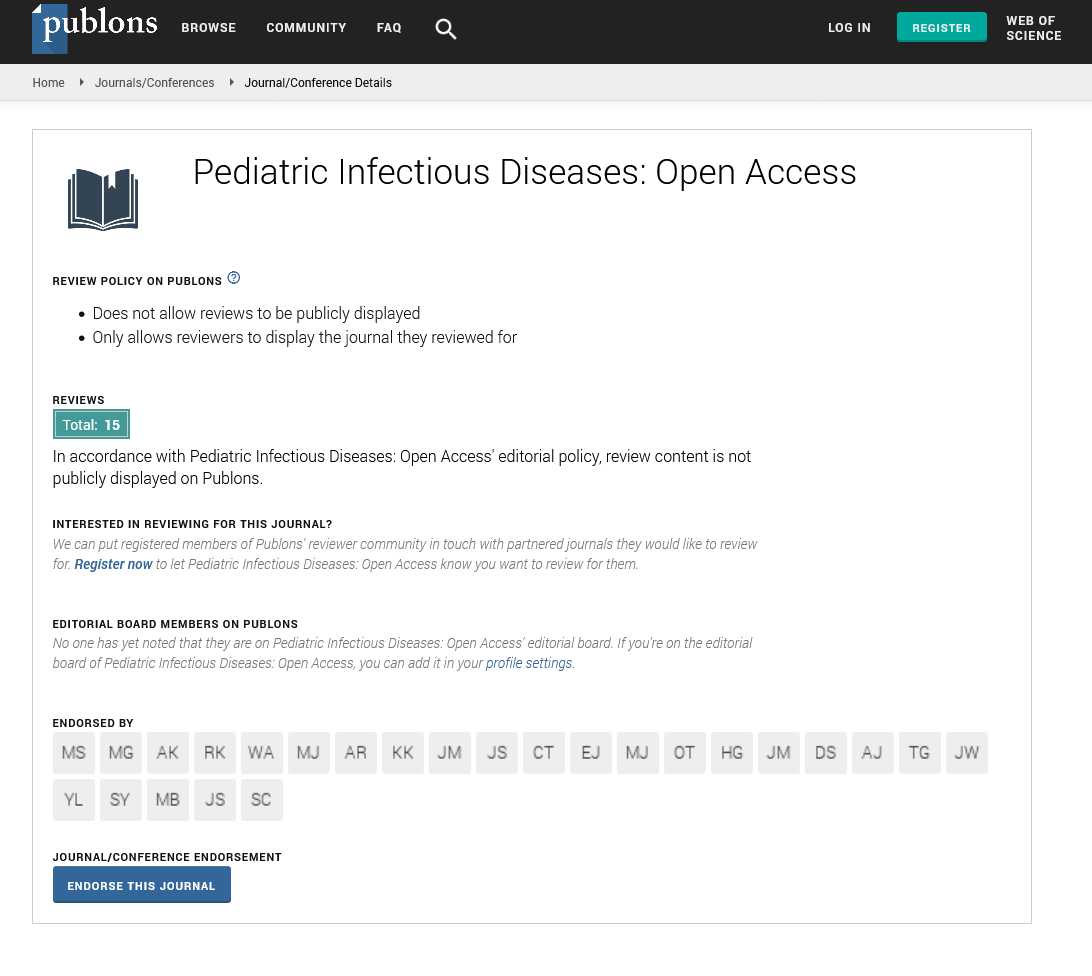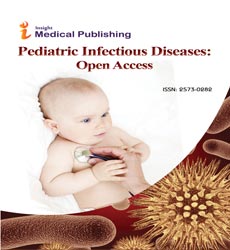Abstract
Child caregivers healthcare seeking behavior and its determinants for childhood illnesses in Ethiopia
Appropriate healthcare-seeking behavior and access to the health care facility is key to improving health service utilization. Although the accessibility of comprehensive childhood disease intervention services in Ethiopia has been modified at the community level, the use of such health care services has remained limited. Therefore, this study aimed to assess the healthcare-seeking behavior of common childhood illness and its determinants. Community-based cross-sectional study design was used. Adjusted odds ratios with a 95% confidence interval were used to see the strength of association, and variables with P-values of <0.05 were considered statistically significant. The proportion of health care seeking behavior of care-givers for childhood illness was 69.5% (95% CI: 66.4%, 72.4%). The education level of caregiver (AOR: 1.61, 95% CI: 1.01-2.60), knowledge of childhood illness (AOR: 2.02, 95% CI: 1.46-2.79), cough (AOR: 1.94, 95% CI: 1.39-2.71) and diarrhea (AOR: 2.09, 95% CI: 1.46-2.99) as main symptoms of illness and perceived severity of illness (AOR:3.12, 95% CI: 2.22-4.40) were significantly associated with healthcare-seeking behaviors of caregivers. Low healthcare-seeking behavior was observed for childhood illnesses. Educational level, knowledge of childhood illness, cough, and diarrhea as primary symptoms of illness, and perceived severity of caregiver illness were significant associated with healthcare-seeking behavior. Therefore, interventions that strengthen the caregiver’s awareness of childhood illness and danger signs need to be considered. Besides, addressing the identified associated variables to healthcare-seeking behavior is critically important to curb the problem. associated variables to healthcare-seeking behavior is critically important to curb the problem.
Author(s): Moges Muluneh Boke
Abstract | Full-Text | PDF
Share this

Google scholar citation report
Citations : 230
Pediatric Infectious Diseases: Open Access received 230 citations as per google scholar report
Pediatric Infectious Diseases: Open Access peer review process verified at publons
Abstracted/Indexed in
- Google Scholar
- China National Knowledge Infrastructure (CNKI)
- Cosmos IF
- Secret Search Engine Labs
Open Access Journals
- Aquaculture & Veterinary Science
- Chemistry & Chemical Sciences
- Clinical Sciences
- Engineering
- General Science
- Genetics & Molecular Biology
- Health Care & Nursing
- Immunology & Microbiology
- Materials Science
- Mathematics & Physics
- Medical Sciences
- Neurology & Psychiatry
- Oncology & Cancer Science
- Pharmaceutical Sciences


